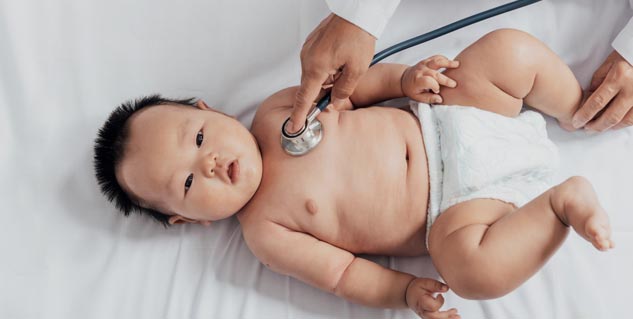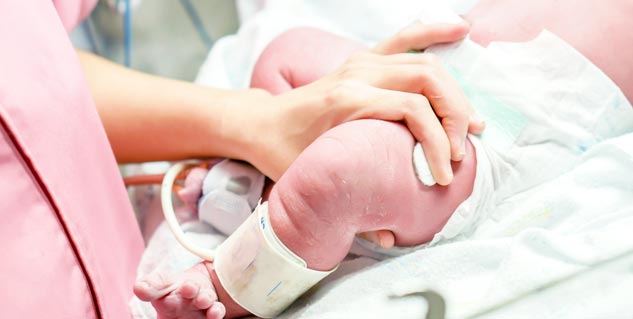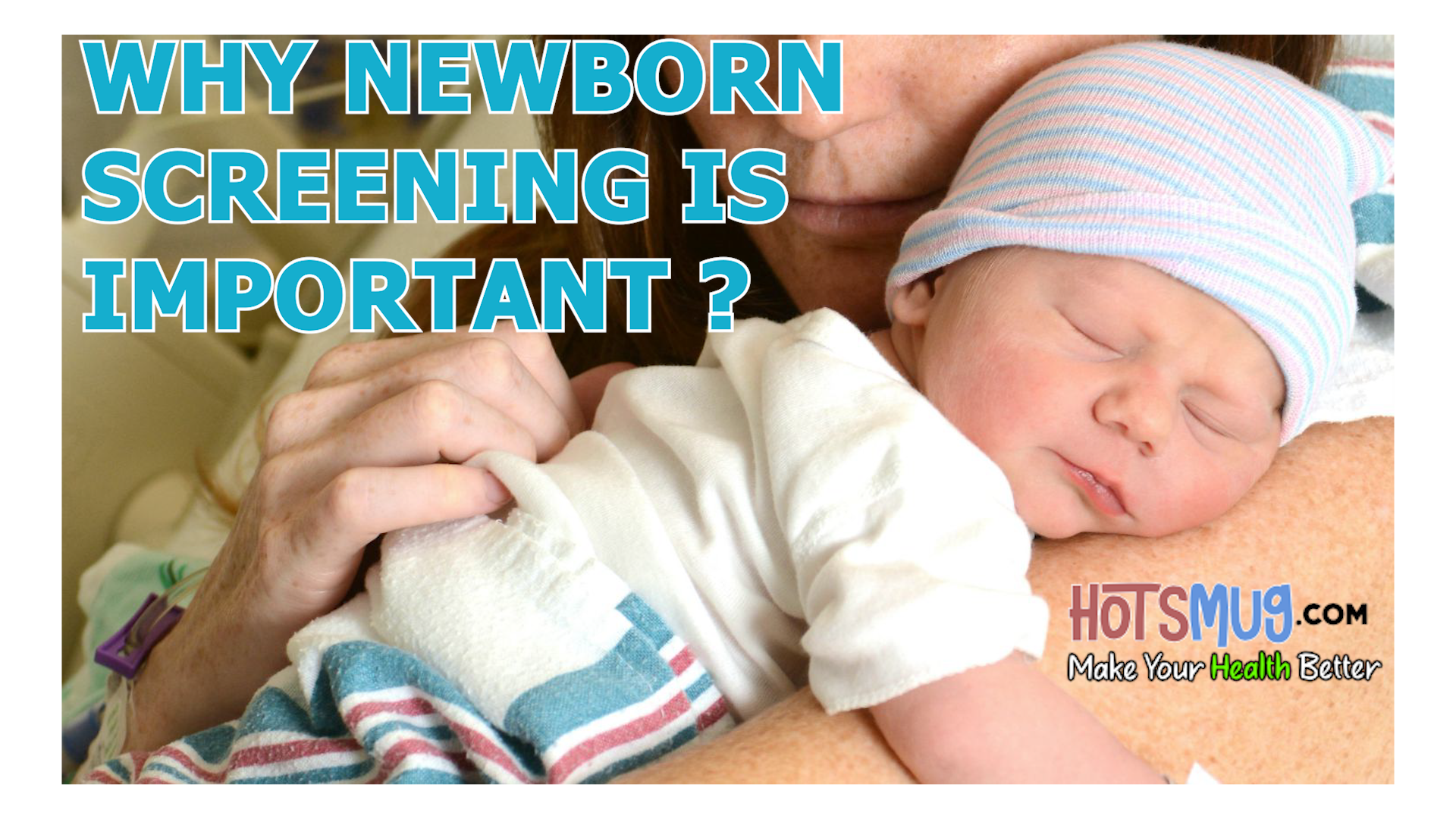Welcome to the world, baby! As a parent, you’ve counted ten fingers, ten toes and changed their first diaper. All seems to be going well until your nurse enters the room to prep your baby for their newborn screening. What’s going on here? Should you be concerned?
Whether you give birth in a hospital or birthing center, your baby will have a newborn screening performed within their first 24-48 hours of life. The tests performed vary by state, but each year, millions of babies in the U.S. are routinely screened to help identify conditions that could affect your child’s long-term health and survival. These tests are so vital that in 2014, former President Barack Obama signed into law the Newborn Screening Saves Lives Reauthorization Act to ensure newborn babies with deadly-yet-treatable, disorders are diagnosed quickly.
What is newborn screening?
Newborn Screening is a comprehensive way to detect over 100+ medical conditions that can be hidden at birth in your baby. Screening at birth has helped to save countless lives and prevented disabilities in children so that they can improve their quality of life. In the below article, we tell you about the various health issues that can be seen in babies at birth and the importance of newborn screening. Read on to know more about this, and do not skip it at any cost. Don’t take anything lightly when it comes to your little one.
Newborn Screening Importance And Advantages

- Newborn Screening is a good method to detect some fatal medical conditions that cannot be diagnosed during birth.
- These worrisome conditions can hamper the growth and development of your baby.
- The screening will help identify problems in the baby if any.
- Certain serious and rare issues like congenital heart defects, genetic conditions, hormonal and metabolic conditions, and lung ailments are seen in newborns.
- By treating these conditions, damages like mental retardation, thyroid issues, autism, and sudden deaths can be tackled promptly with medical attention.
- The Newborn Screening is affordable and life-saving.
- If certain serious conditions are not identified and treated earlier, the cost of treatment could be higher in the later stage.
- Screening is done to know the inborn problems but additional diagnostic tests are mandatory to confirm the diagnosis and initiate the right kind of treatment.
Why newborn screening test is important?

There are certain medical ailments that need to be taken seriously. Depending upon the results of newborn screening tests, doctors can tell you potential health problems that your baby is at risk of. Here are some problems that require timely treatment, if your baby gets diagnosed with any:
- Metabolic disorders- These are rare genetic disorders that are witnessed in the baby due to a missing or defective enzyme in the body.
- Hormone problems: These occur when the glands make too much or not enough hormones. So, a baby may have congenital hypothyroidism or congenital adrenal hyperplasia.
- Hemoglobin problems in babies- These include many issues like sickle cell disease which is commonly seen in babies. Anemia is also a hemoglobin problem in babies along with Hemoglobin SC disease (also called Hb SC disease) and Hemoglobin S-beta thalassemia.
- Other bothersome issues: Such as cystic fibrosis, severe combined immunodeficiency (SCID), and hearing loss can give a tough time to the little one. Parents will have to stay vigilant and report abnormal changes seen in the little one to the treating doctor.
Which Tests Will Your Child Need?
It will depend on what state you live in, but most tests include the following:
- hearing test
- blood test—screens for conditions, such as phenylketonuria (PKU), congenital hypothyroidism, sickle cell disease and maple syrup urine disease
- pulse oximetry test—measures oxygen in your baby’s blood and checks for a condition called critical congenital heart disease
What if the Screening is Positive?
Positive screening results aren’t necessarily a diagnosis; rather, they indicate that further testing must be done for confirmation. You’ll receive a call from your newborn’s place of birth, primary care physician or pediatrician to confirm the results and go over next steps. Upon confirmation, they will identify appropriate management and treatment options and may refer your baby to a specialist.
It’s important to remember that if your baby does have a congenital condition, early detection and treatment will give them the best chance to thrive.
Visit Baby’s First Test for more information on newborn screenings and to find out which conditions your state checks for. If you have any questions or concerns, reach out to your pediatrician.
Conclusion
Newborn screening should be done within 5 days after the baby is born. It helps in the early detection, diagnosis, and intervention of severe conditions or disorders and can lead to positive and successful outcomes. Typically, blood withdrawal and screenings (hearing test or measuring oxygen levels) are done in the hospital before the mother and the baby get discharged. Once the diagnosis of any problem is confirmed then follow the line of treatment decided by the doctor for your little one.




